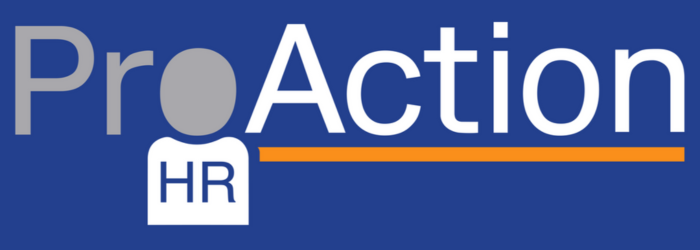Absence is a Capability Issue
Leading up to the General Election on 4th July this year, much was made of Labour’s so-called “100 day plan” forming part of their manifesto to kickstart economic growth. They pledged to introduce legislation within 100 days to implement ‘Labour’s Plan to Make Work Pay: Delivering a New Deal for Working People’. There has been much speculation about the detail, but some parts of the Plan are relatively straightforward. Introducing day one basic rights to protection from unfair dismissal will bring Performance Management into sharp focus. Employers will need to be fair and transparent in dealing with employees who are not meeting their standards, so a robust Performance Management process - including recruitment, onboarding and probation - will be key.
Continuing his series of articles, Martin Nicholson highlights how absence fits in to the Performance Management process.
In my last article I wrote about the difference between conduct and capability. One form of a capability issue is absence and, though most absences are genuine, the potential Day One right to SSP is likely to lead to further cases of frequent short-term absences.
Can I manage absence through a disciplinary process?
The short answer is YES.
Sickness absence can be managed under the capability process, as long as you have managed the matter informally, used 121s to discuss any issues, and ideally put in return-to-work discussions when they have been off sick.
Essentially, the individual’s failure to be able to meet their contracted work becomes an issue in the longer term and should not be left. It should be managed proactively and consistently.
The issue here is that disability discrimination protection can cause employers to act shy and/or not bother. Disability discrimination requires us to make suitable reasonable adjustments. That requires regular conversations between the individual and the employer and may often require specialist medical advice for the employer. But, ultimately, the contract still needs to be met by the employee so, as long as the employer has acted reasonably, any form of sickness absence could lead to formal disciplinary or a capability process.
We can help you ensure your policies and procedures are clear and compliant, and put in place a performance management programme to support them. Find out more about our Performance Management solutions, and please get in touch for a FREE discovery call.
Martin Nicholson is the Managing Consultant at ProAction HR, providing Human Resources Services to SME businesses in Southampton, Winchester and throughout Hampshire and the adjoining counties.
Co-founder of the Winchester-based HR company, Martin and his team support clients across Hampshire and neighbouring counties, providing HR advice, HR consultancy, and HR services. They cover a broad range of HR solutions, from one-off responsive HR support to a full Human Resources service, along with Learning & Development, Training and Change Management.
“Helping organisations to thrive on the value & uniqueness of their people.”



